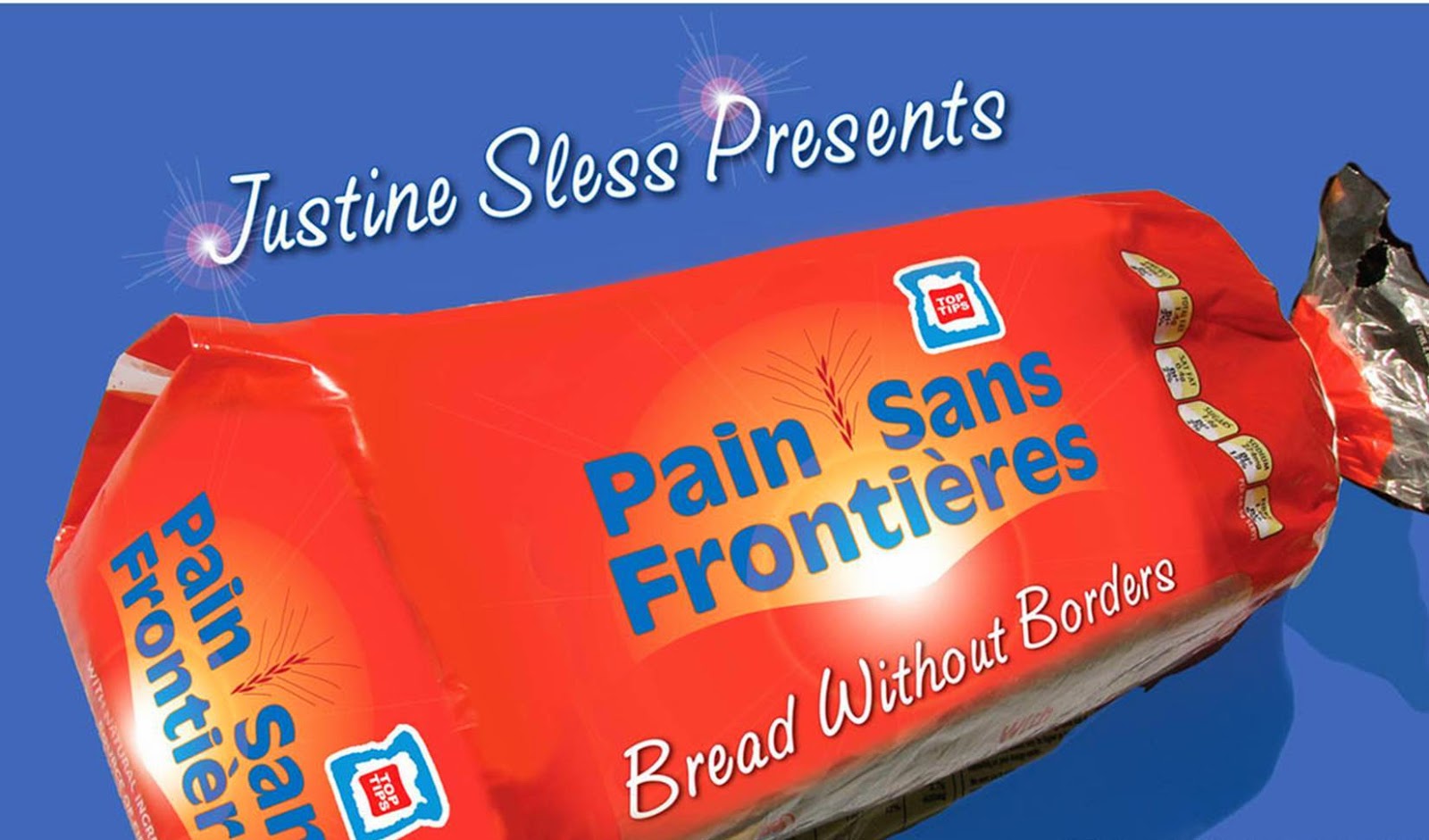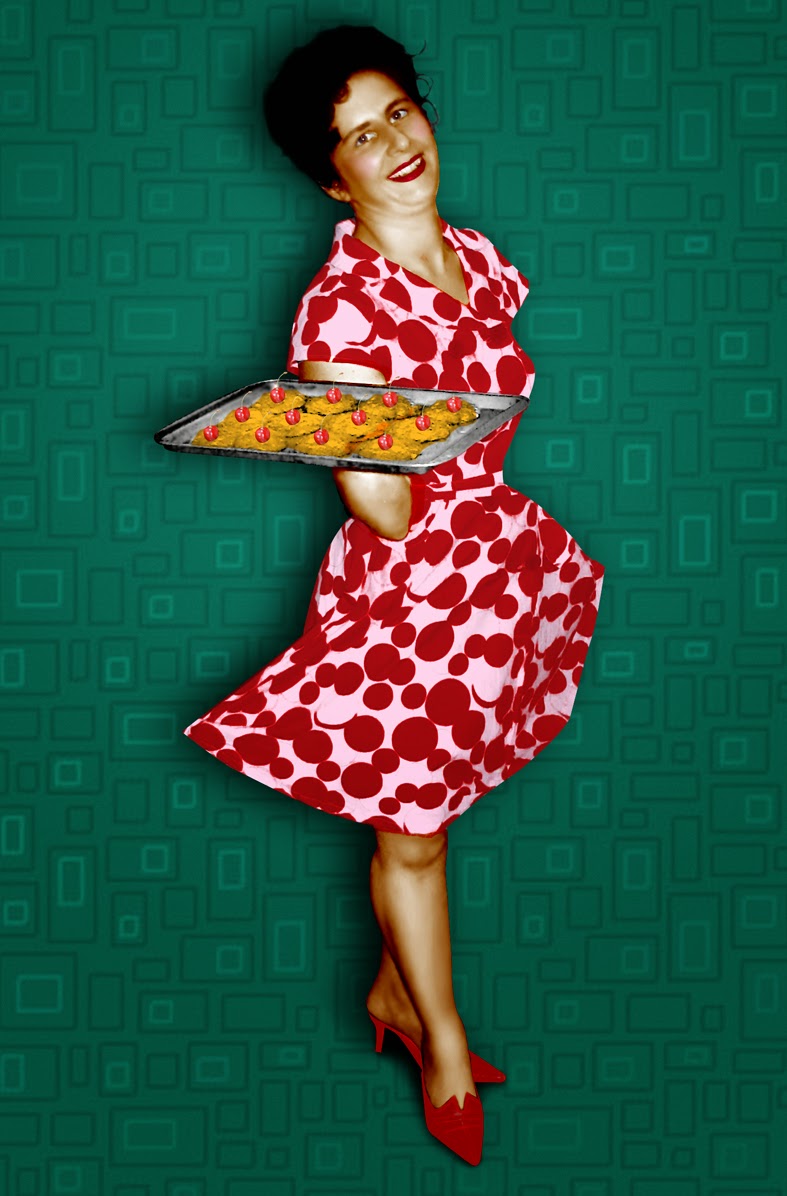“It is the fate of scholars, researchers and intellectuals everywhere, to ask great questions but to produce the wrong answers.” Anon
On the first day of Kindergarten Ruby asks:
What is that strange smell mummy?
That smell Ruby, is the laminating machine, I reply.
Everything at kindergarten is laminated, every photograph, every drawing, every certificate celebrating every effort, is heat bound and sent home.
Ruby arrived at kindergarten today, is typed onto a certificate and laminated.
The poem for mothers’ day is all schmaltzy and badly written, but at least it is laminated.
There is a photograph of Ruby doing the thumbs up, and underneath the words:
When I jumped on the toilet train, I did a pooh and my mum’s going to laminate it, sent home, the same day as the kindergarten parent helper roster.
On the second day of kinder the fundraising committee send out the fundraising duties expected of all parents at this kindergaten:
Buy a plate with my child’s hand- print on it.
Buy a chocolate frog to help fight childhood obesity.
Come to our fundraising fête, so that no child at our kinder is without a laptop.
Sleep deprivation is taken over by fund raising fatigue during the kindergarten years.
Piaget kept himself to a strict personal schedule that filled his entire day. He awoke every morning at four and wrote at least four publishable pages before teaching classes or attending meetings. After lunch he would take walks and ponder on his interests. "I always like to think on a problem before reading about it,” he said. He read extensively in the evening before retiring to bed.
On the third day of kinder, I have time to glance quickly on the back of the Cheerio box, between the kinder run and getting to work and back to pick up after kinder then take to childcare by 11:15am.
I note that Cheerios have 90% more fiber now than they used to.
Ruby asks me:
Why do the family on the back of the cheerio box look so happy mummy?
The family on the back of the Cheerio box, look so happy Ruby, because they are so Caucasian. They are not marginalized in the slightest. The family is running along the coast line, just up from their negatively geared beach house. They are happy in their freshly pressed linen clothes and their bowels are cleansed. I reply
On the last day of kinder, I stink. My skin has a greasy sheen to it and I am caked in fat. I have missed every concert, art show and slam poetry performance, because I have been sizzling hundreds and hundreds of fundraising halal sausages. I laminate some of the fat.
In the blink of an eye I have become the secretary of the kindergarten committee and miraculously managed to fit work around the 1950’s kindergarten timetable, whilst raising over $5,725 for the poor, poor deprived children attending the Ivanhoe kindergarten.
We wave goodbye to our kindergarten friends taking with us our 1,896 paintings, 749 indefinable creative works and 1 school transition report. During the summer holidays, Ruby insists on wearing her school uniform to bed and to the beach.
Time has sped up. One minute it is cracked nipples, cradle cap and the whiff of babies vomit. The next minute, I am signing permission forms for Ruby to go on excursions, whilst being photographed for publicity purposes, as the teacher examines her for head lice.
The sun beats down on Ruby as she looks up at me. Tortoise like, her huge back pack nearly tipping her over she stands at the steely gates.
I give her my final words of advice:
Moral compass, boiled eggs, anchovies.
I follow it up quickly with a weather report:
You’ll need your sun hat today: it’s going to be a scorcher.
After 5 years, my work is done. I hand Ruby over to the state.
The playgroup mums of Preston go back to someone’s house after we drop our children at school, on their first day of prep. We eat chocolates and drink champagne.
We raise our emotionally charged glasses of champagne, because we are courageous, we are brave, but we are also bereft.
That night as I lie in bed, I sigh with relief that I was able to seek out Ruby amongst the crowd of homogenous children at home time.
I congratulate myself, that the intensive unwrapping a glad wrapped item training, paid off. Ruby neither starved, nor suffocated on the glad wrap.
As I snuggle down into the doona on that first night of prep, I hear a slight noise.
Is it a floor board creaking?
A door opening, or a child crying out in their sleep?
I jump up ninja like.
Does Ruby need panadol?
Is she going to be sick?
Has she wet the bed? Do I need to strip down the sheets, dry her, change her and remake the bed. Then take everything to the laundry and congratulate myself on completing the three - minute wet the bed turn around challenge.
I check on Ruby, she is fast asleep. I look down at her knowing that her thinking is still egocentric and that she has difficulty taking the viewpoint of others, but loving her just the same.
Soon Ruby will, as physical experience accumulates, begin to think abstractly and conceptualize, creating logical structures that explain her physical experiences.
Pain Sans Frontier was a success. Ticket sales were great, audiences in the evenings and during cry -baby sessions laugh and applaud.
 |
| Pain Sans Frontières bread without border MICF 2010 |
Post show I am asked by early years health practitioners to perform extracts for playgroups, staff planning days, children’s’ week events across Melbourne. I even do a bit of it for an early years gala dinner. I adapt and flog bread without borders as an innovative health promotion tool. There is material in the script I will use for years to come.
I ask each audience why they think that children don’t eat their crusts. Many say it is because of the dryness or lack of taste. There is always one person though, who boasts that their child has always been a crust eater.
Piaget did not tell me why Ruby and her peers did not eat their crusts. I conclude that children don’t eat their crusts because they know that the first five years of life go by very quickly. Children don’t want to waste time on the outer edges, when the good oil, the bits in the middle are always quicker, easier and tastier to eat.
Our playgroup ended when one child pissed into another child’s ukulele, many of my friends were restructured out of their jobs whilst on maternity leave, the kindergarten years are filled with fundraising fatigue, which is just a segue into the primary school years.
Jacqueline, Lucienne and Laurent Piaget were studied intensely by their father Jean Piaget to form the basis of Piaget’s cognitive theory. From these observations Piaget came up with the words concrete, sensori motor and operational when describing pre schoolers.
What I would like though, is a copy of the words Mrs Piaget used during her children’s pre school years.
I would like a copy of Mrs Piaget’s words and I would laminate them.








